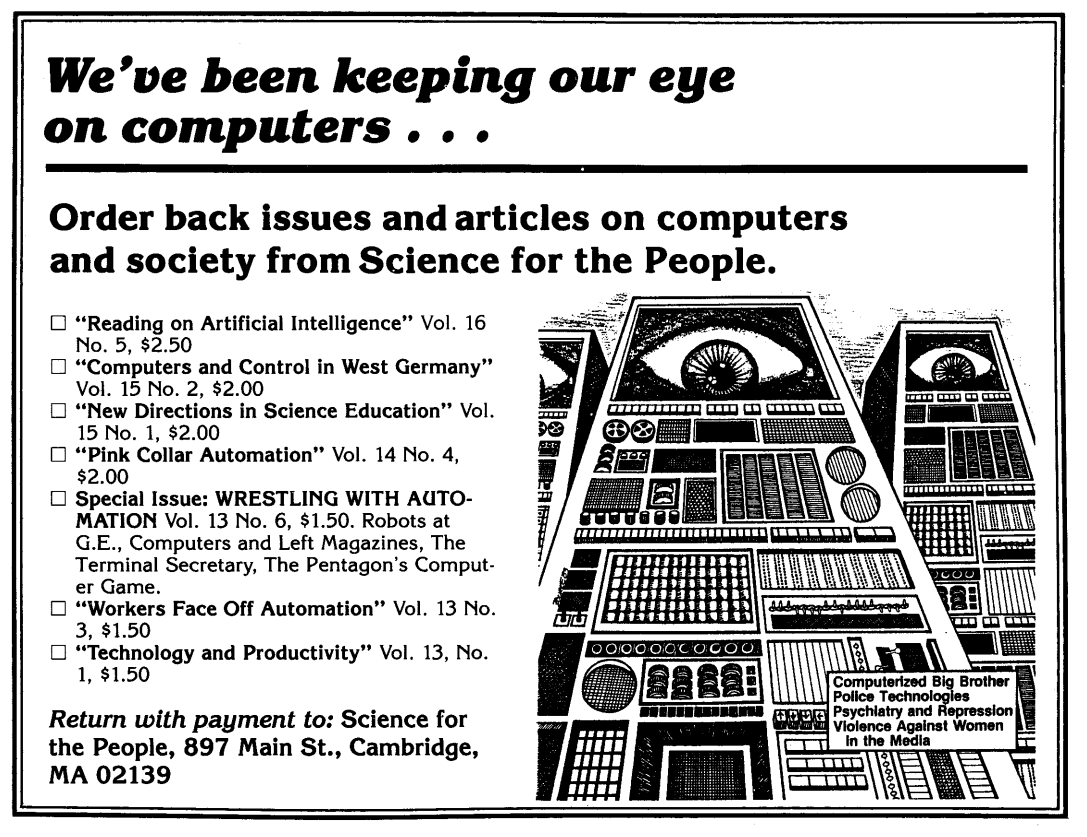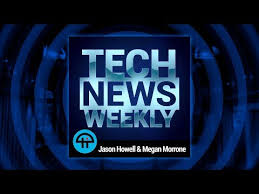The Ever-Evolving World of Technology
Technology is an integral part of modern life, influencing almost every aspect of our daily routines. From the moment we wake up to the sound of a digital alarm clock to the time we go to bed after streaming our favourite shows, technology is omnipresent. This article explores some of the most significant technological advancements and their impact on society.
The Rise of Artificial Intelligence
Artificial Intelligence (AI) has made remarkable strides in recent years. AI algorithms are now capable of performing tasks that were once thought to be exclusive to humans, such as language translation, image recognition, and even complex decision-making processes. Companies across various industries are leveraging AI to improve efficiency, enhance customer experiences, and drive innovation.
Applications of AI
- Healthcare: AI-powered diagnostic tools assist doctors in identifying diseases with greater accuracy.
- Finance: Automated trading systems analyse market trends and execute trades at lightning speed.
- Retail: Personalised recommendations engines help retailers offer customised shopping experiences.
The Internet of Things (IoT)
The Internet of Things (IoT) refers to the network of interconnected devices that communicate with each other via the internet. These devices range from smart home appliances like thermostats and security cameras to industrial machines used in manufacturing processes. The IoT is transforming how we interact with our environment by making it more responsive and efficient.
Benefits of IoT
- Convenience: Smart homes allow residents to control lighting, heating, and security systems remotely through their smartphones.
- Efficiency: IoT-enabled factories optimise production lines by monitoring equipment performance in real-time.
- Sustainability: Smart grids manage energy consumption more effectively, reducing waste and lowering carbon footprints.
The Future of Communication: 5G Technology
The advent of 5G technology promises to revolutionise communication by providing faster internet speeds and more reliable connections. This next-generation wireless network will enable new applications such as augmented reality (AR), virtual reality (VR), and autonomous vehicles. With its low latency and high capacity, 5G is set to support a vast array of devices simultaneously without compromising performance.
Implications of 5G
- Enhanced Mobile Experience: Users will enjoy smoother streaming services and quicker downloads on their mobile devices.
- Smart Cities: Improved connectivity will facilitate the development of smart city infrastructure, including intelligent traffic management systems and enhanced public safety measures.
- E-commerce Growth: Faster internet speeds will boost online shopping experiences by enabling seamless transactions and real-time customer support.
The Ethical Considerations
While technological advancements bring numerous benefits, they also raise ethical concerns that must be addressed. Issues such as data privacy, cybersecurity threats, and the potential for job displacement due to automation are critical considerations for policymakers and industry leaders alike. Ensuring that technology serves humanity responsibly requires ongoing dialogue and collaboration among stakeholders from various sectors.
A Glimpse into Tomorrow
The pace at which technology evolves shows no signs of slowing down. Innovations like quantum computing, biotechnology breakthroughs, and space exploration advancements hint at an exciting future filled with possibilities. As we continue to push the boundaries of what is possible, it is essential to remain mindful of both the opportunities and challenges that lie ahead.
The world stands on the cusp of unprecedented technological transformation. Embracing these changes while addressing their implications thoughtfully will pave the way for a brighter future for all.
Top Tech FAQs: Trends, Cybersecurity, Gadgets, AI Impact, and In-Demand Programming Languages
- What is the latest technology trend?
- How can I protect my devices from cyber threats?
- What are the best tech gadgets to buy this year?
- How does artificial intelligence impact our daily lives?
- What programming languages are in high demand in the tech industry?
What is the latest technology trend?
One of the latest technology trends making waves in 2023 is the advancement and integration of artificial intelligence (AI) and machine learning (ML) across various sectors. AI and ML are no longer confined to research labs but are being actively implemented in everyday applications, from personalised recommendations on streaming platforms to sophisticated data analytics in healthcare. Additionally, the rise of edge computing, which brings data processing closer to the source of data generation, is enhancing the efficiency and speed of digital interactions. Coupled with the ongoing development of 5G networks, these technologies are set to revolutionise how we interact with the digital world, paving the way for innovations such as autonomous vehicles, smart cities, and more immersive augmented reality experiences.
How can I protect my devices from cyber threats?
In today’s digital age, safeguarding your devices from cyber threats is paramount to ensuring your personal information and data remain secure. To protect your devices effectively, it is essential to implement robust cybersecurity measures. Start by installing reputable antivirus software and keeping it updated regularly to detect and prevent malware attacks. Additionally, enable firewalls on your devices to block unauthorised access and encrypt sensitive data to make it more challenging for cybercriminals to intercept. Practising good password hygiene, such as creating strong and unique passwords for each account, and enabling two-factor authentication adds an extra layer of security. Stay vigilant against phishing scams by avoiding suspicious links or emails that may compromise your device’s security. By staying informed about the latest cybersecurity threats and best practices, you can proactively defend your devices against potential cyber attacks.
What are the best tech gadgets to buy this year?
In the fast-paced world of technology, one frequently asked question is, “What are the best tech gadgets to buy this year?” With new innovations constantly entering the market, consumers are eager to stay ahead of the curve and invest in cutting-edge devices that enhance their daily lives. From smartphones with advanced camera capabilities to smart home devices that streamline household tasks, the options are vast and varied. Researching reviews, comparing features, and considering personal needs are essential steps in determining the most suitable tech gadgets to purchase in any given year. By staying informed and making informed decisions, tech enthusiasts can make the most of the latest advancements in technology.
How does artificial intelligence impact our daily lives?
Artificial Intelligence (AI) significantly impacts our daily lives in numerous ways, often in ways we may not even realise. From personalised recommendations on streaming services and e-commerce platforms to voice-activated assistants like Alexa and Siri, AI enhances convenience and personalisation in our everyday interactions. In healthcare, AI-driven diagnostic tools aid doctors in identifying conditions more accurately and swiftly. In transportation, AI optimises routes for ride-sharing services and powers the development of autonomous vehicles. Even our social media experiences are shaped by AI algorithms that curate content tailored to our interests. Overall, AI’s integration into various aspects of daily life continues to streamline processes, improve efficiency, and offer new levels of personalisation and convenience.
What programming languages are in high demand in the tech industry?
In the rapidly evolving tech industry, certain programming languages stand out as being in high demand due to their versatility and applicability across a wide range of domains. Languages such as Python, JavaScript, Java, and C++ are consistently sought after by employers seeking skilled developers. Python’s simplicity and readability make it popular for data science and machine learning applications, while JavaScript remains essential for web development. Java is widely used in enterprise applications, and C++ is favoured for systems programming and game development. Staying abreast of the programming languages in demand can give aspiring tech professionals a competitive edge in today’s dynamic job market.




